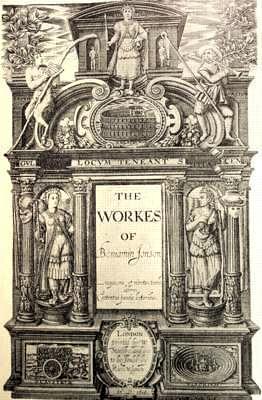Shakespeare's "small Latin, less Greek"
The cumulative evidence of Shakespeare's plays is that he read widely and deeply. Whether he read much in languages other than English is less easy to ascertain.
At grammar school he would have learned to read Latin, and his familiarity with the drama of Plautus in his early Comedy of Errors shows that he could read Latin when he wanted to. There is no evidence to suggest that he could read Greek.
He may have known French and Italian. There are extensive passages of respectable French in Henry V (though of course someone else could have written these scenes), and there is no known English translation of Cinthio's Hecatomithi, the source of Othello (though there was a French translation).
And if there were translations?
Whatever his ability to read other languages, it is clear that Shakespeare preferred to read in English if there was a translation. Thus, late in his career, he read one of his favourite authors, Ovid, in translation, even though he must have read him in the original at school. (We know this, because one of the most famous passages* in The Tempest follows Golding's translation rather than the Latin.)
Footnotes
-
Golding
(The incantation of Medea, 7.265-72):
Ye airs and winds: ye elves of hills, of brooks, of woods
Of standing lakes, and of the night, approach ye everyone,
Through help of whom (the crooked banks much wondering at the thing)
I have compelled streams to run clean backward to their spring.
By charms I raise and lay the winds, and burst the viper's jaw,
And from the bowels of the earth both stones and trees do draw. . .
Shakespeare (Prospero's surrender of his art, 5.1.33-44):
Ye elves of hills, brooks, standing lakes, and groves,
. . . by whose aid
(Weak masters though you be) I have bedimmed
The noontide sun, called forth the mutinous winds,
And 'twixt the green sea and the azured vault
Set roaring war. . .
